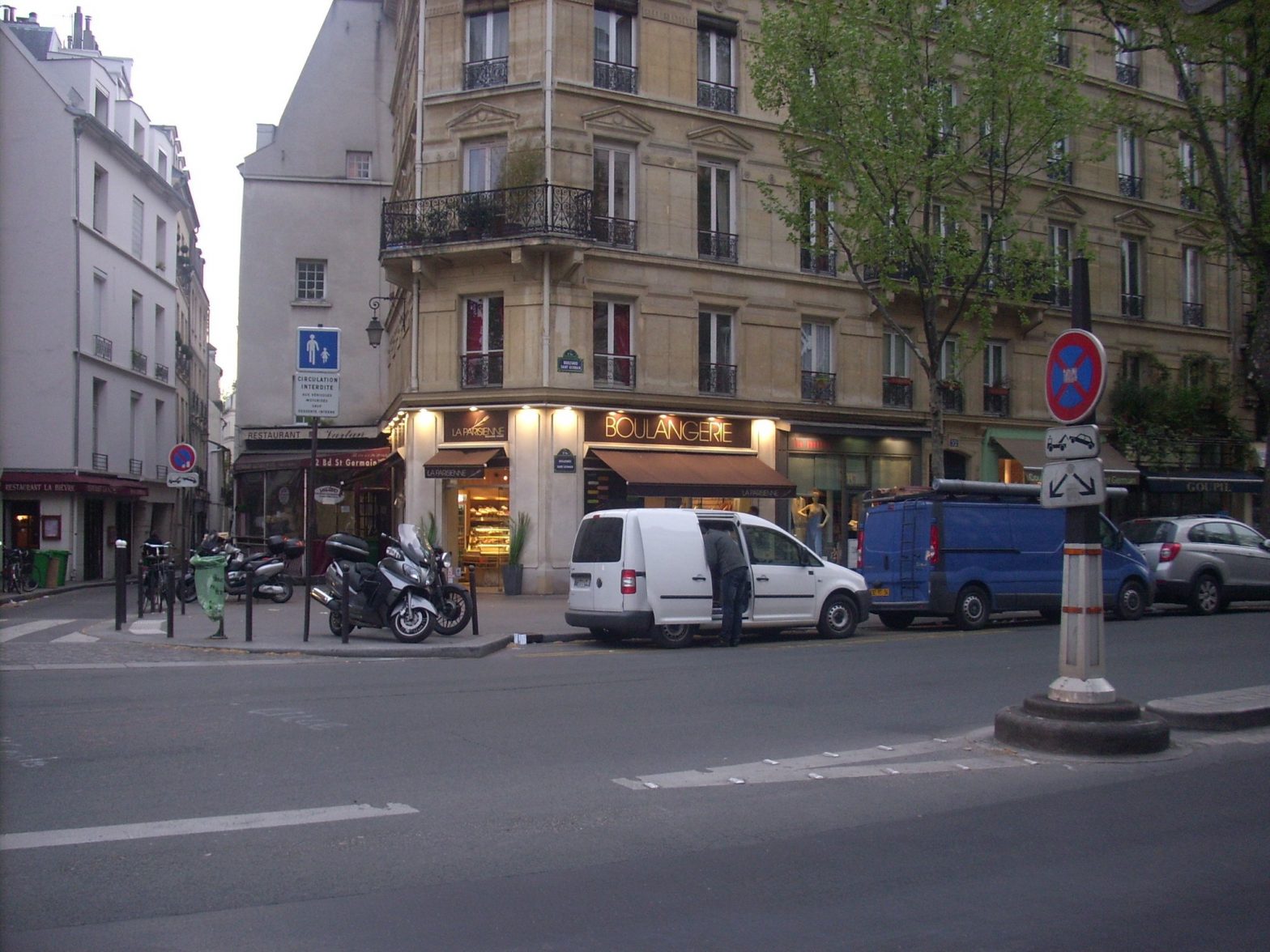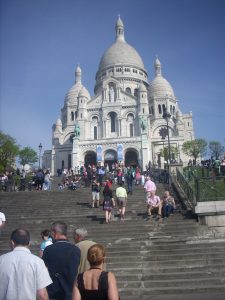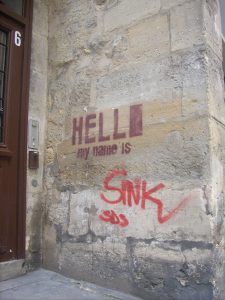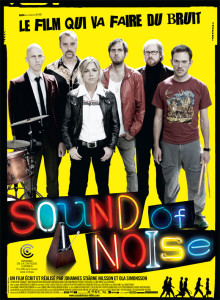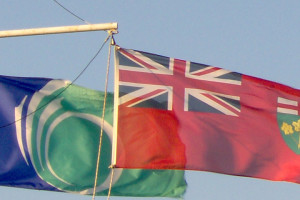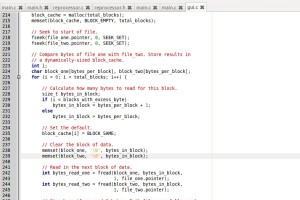Extrajudicial censorship is not a new concept. However, two factors have greatly contributed to increasing its presence in the Western sphere over the last decade: the passing of the Digital Millenium Copyright Act (DMCA), and the rise of the Internet as a platform through which to disseminate ideas.
The Digital Millenium Copyright Act (DMCA) was passed in 1998 by American law-makers, and was their ratification of the WIPO treaties from two years previous. It was intended to modernize the Copyright Act so that it could deal with infringements in a digital world. It included provisions to punish those who harboured illicit content, unless they took steps to remove the material upon notification. Unfortunately, thanks especially to this last provision, the DMCA would become the tool of choice to censor content, including that which was entirely non-infringing and legitimate by copyright standards.
The rise of the Internet has meant a few things. For one, unlike the mediums of past, it is malleable. Once something is out in a newspaper, or magazine, it cannot be redacted after the fact. The original words that were written down will exist for as long as a copy survives. With the Internet, one can go as far as erasing content altogether and make it as if it never was. It’s a censor’s wet dream.
Secondly, the rise of the Internet has meant that now more than ever, people are dependent on private interests to disseminate their ideas. They need platforms such as WordPress, YouTube, Facebook, Tumblr, Twitter, and so forth. Alternative forms of communication (zines) are dying because of the significant advantages that the Internet-based platforms provide, increasing dependence on those private companies.
However, those companies are loyal to their bottom line, and not to the content owners. While there is overlap between the two, it does mean that the companies are not sympathetic to the few that might affect their bottom line in a disproportionate manner.
Enter the DMCA. With one trivial email invoking that name, censorship has become anyone’s game. The private companies who host the platforms acquiesce to the takedown demands of the electronic communication, often without even looking at the alleged infringing content. It’s much more financially prudent for them to dump the potentially offending content than to invoke their legal team.
This has resulted in an environment that hurts free speech, for we are not just subject to the law, but to the interests and sensitivities of companies. There is no place on the Internet that is safe from this sword of Damocles – even if you host your own website. The hosting company, and those who provide bandwidth to the hosting company, can be hit with one of these takedown requests as well.
Content creators who live outside of the United-States are also affected. Most companies that own these platforms are American, and subject to American law. The remaining, with few exceptions, are reliant on US-based business and would not choose to contravene American interests.
We who live in highly developed nations should not be under the illusion that there is no undue censorship of our content. We are exposed to its effects all the time, and it is our responsibility to be aware of it, and to fight it, wherever possible.

